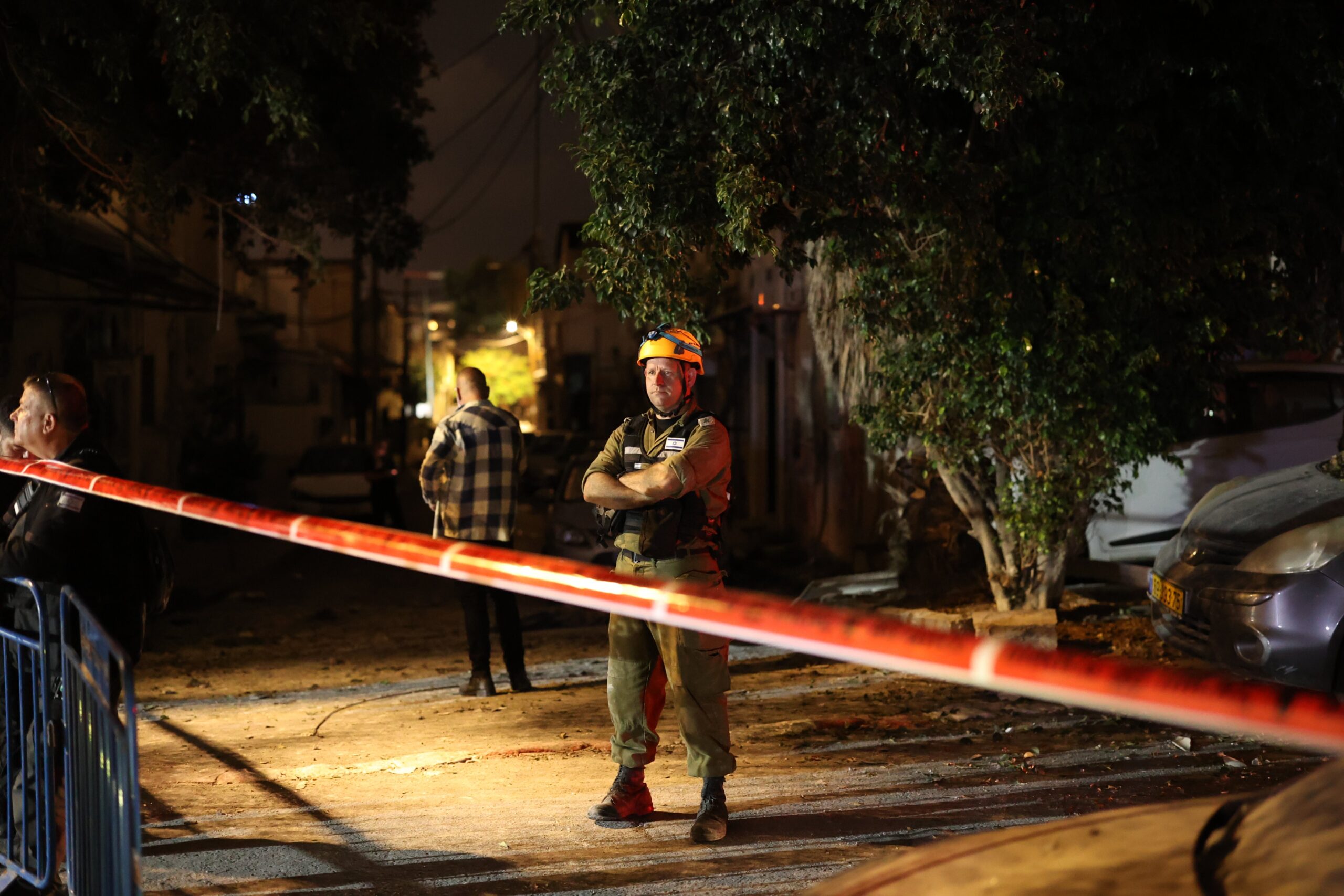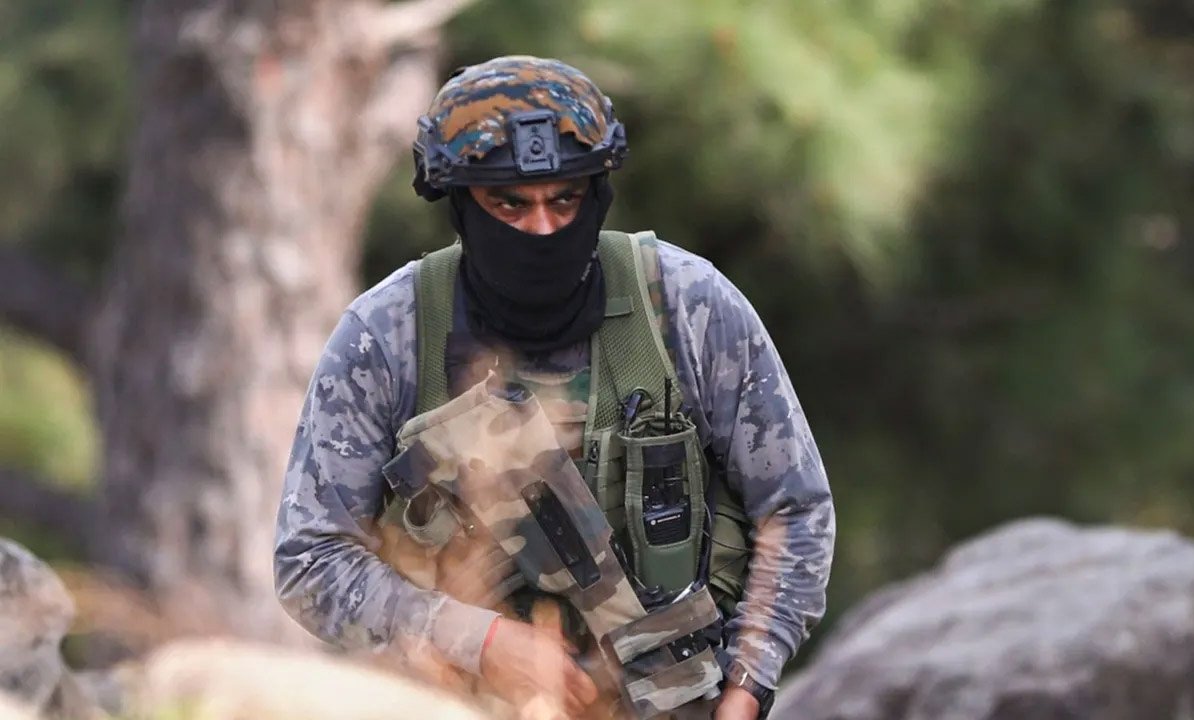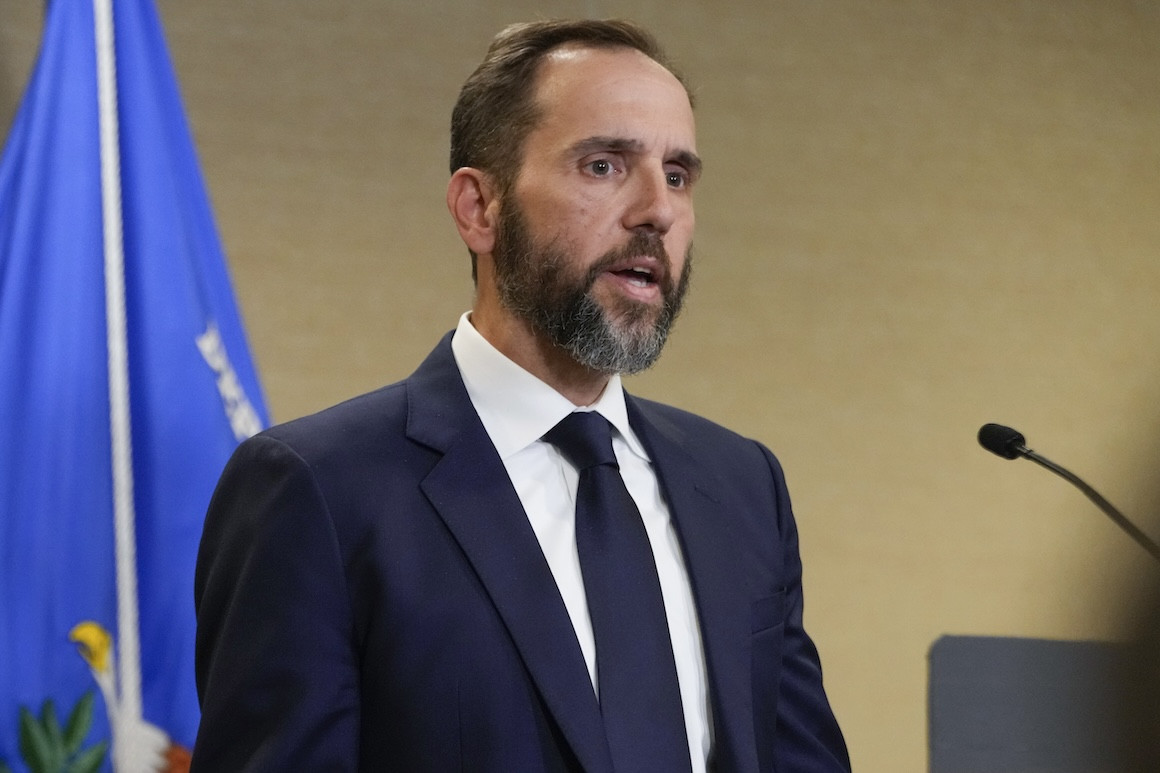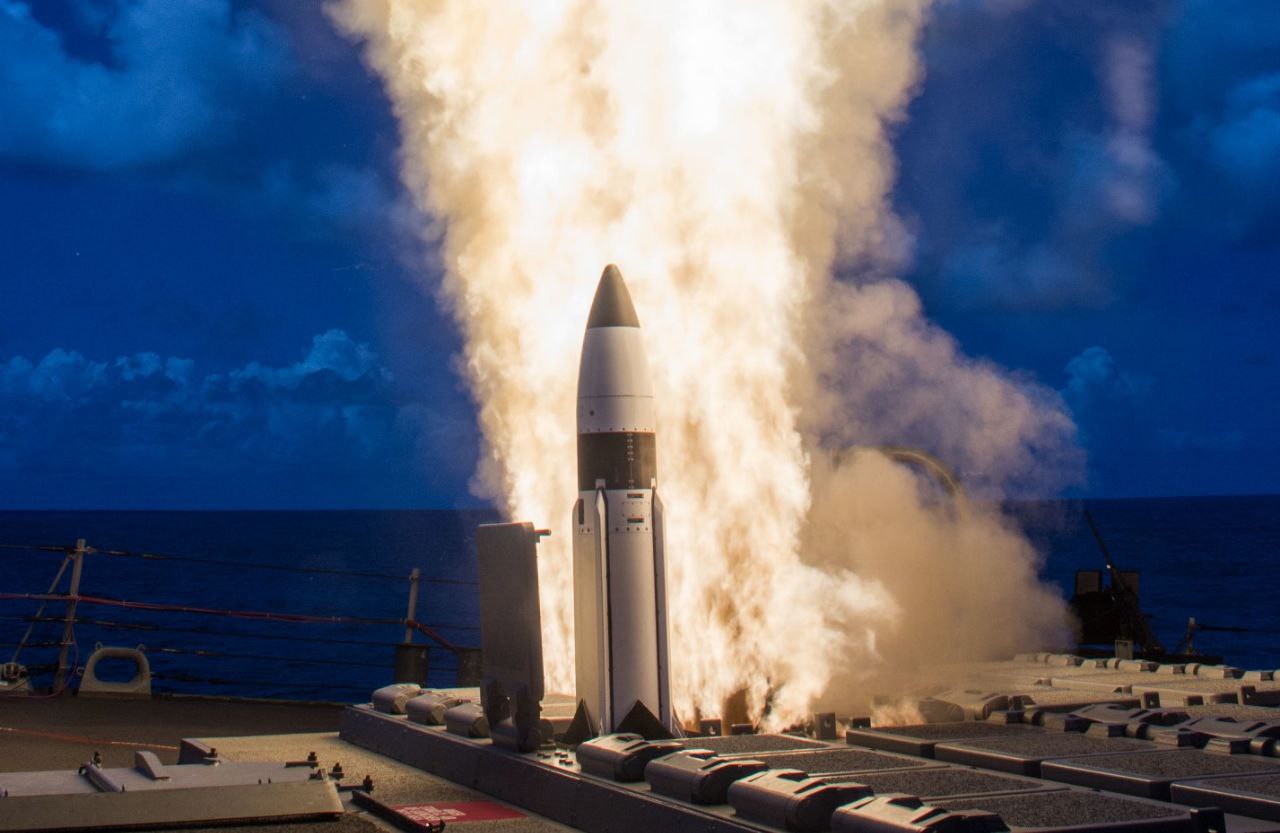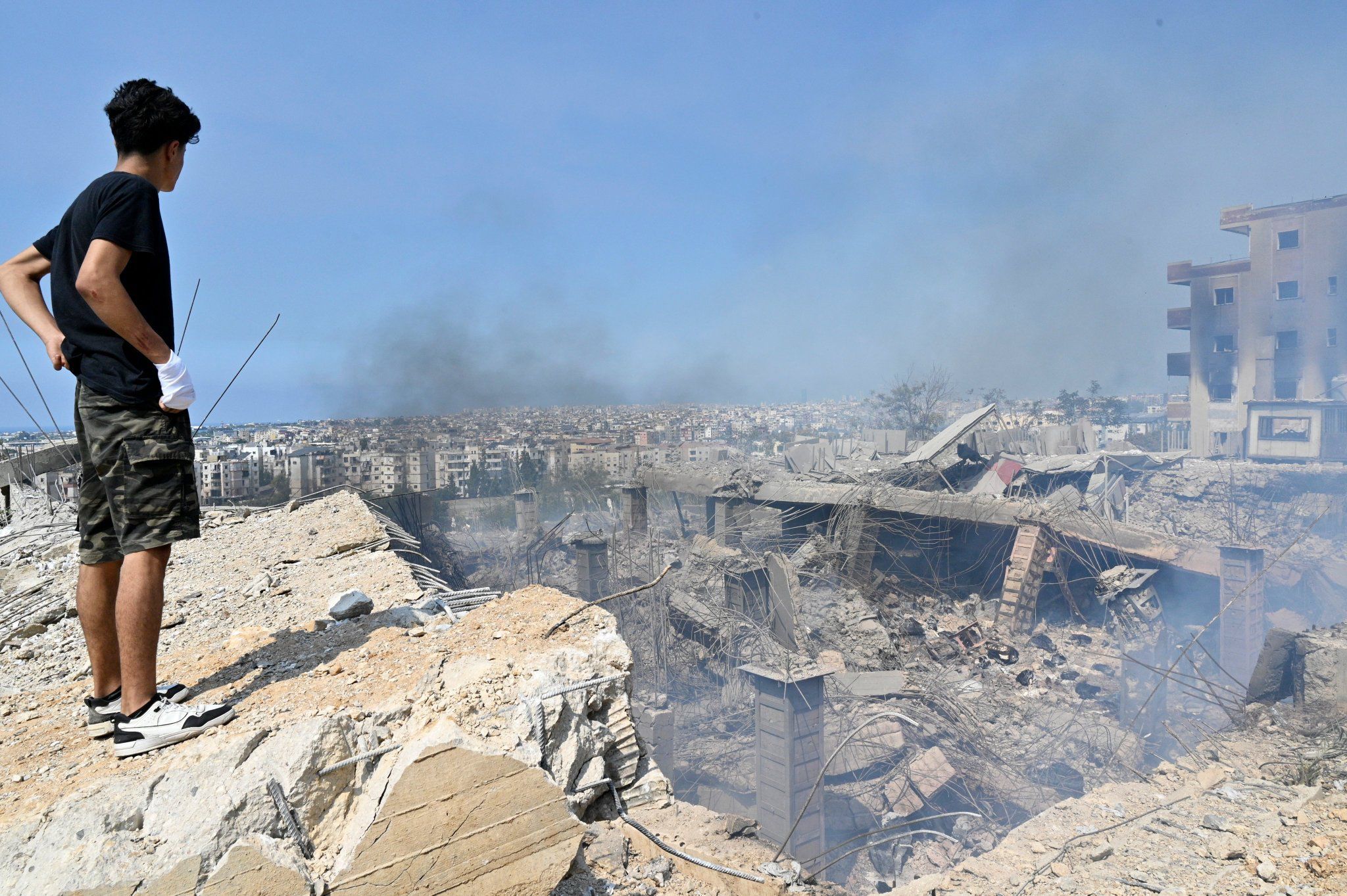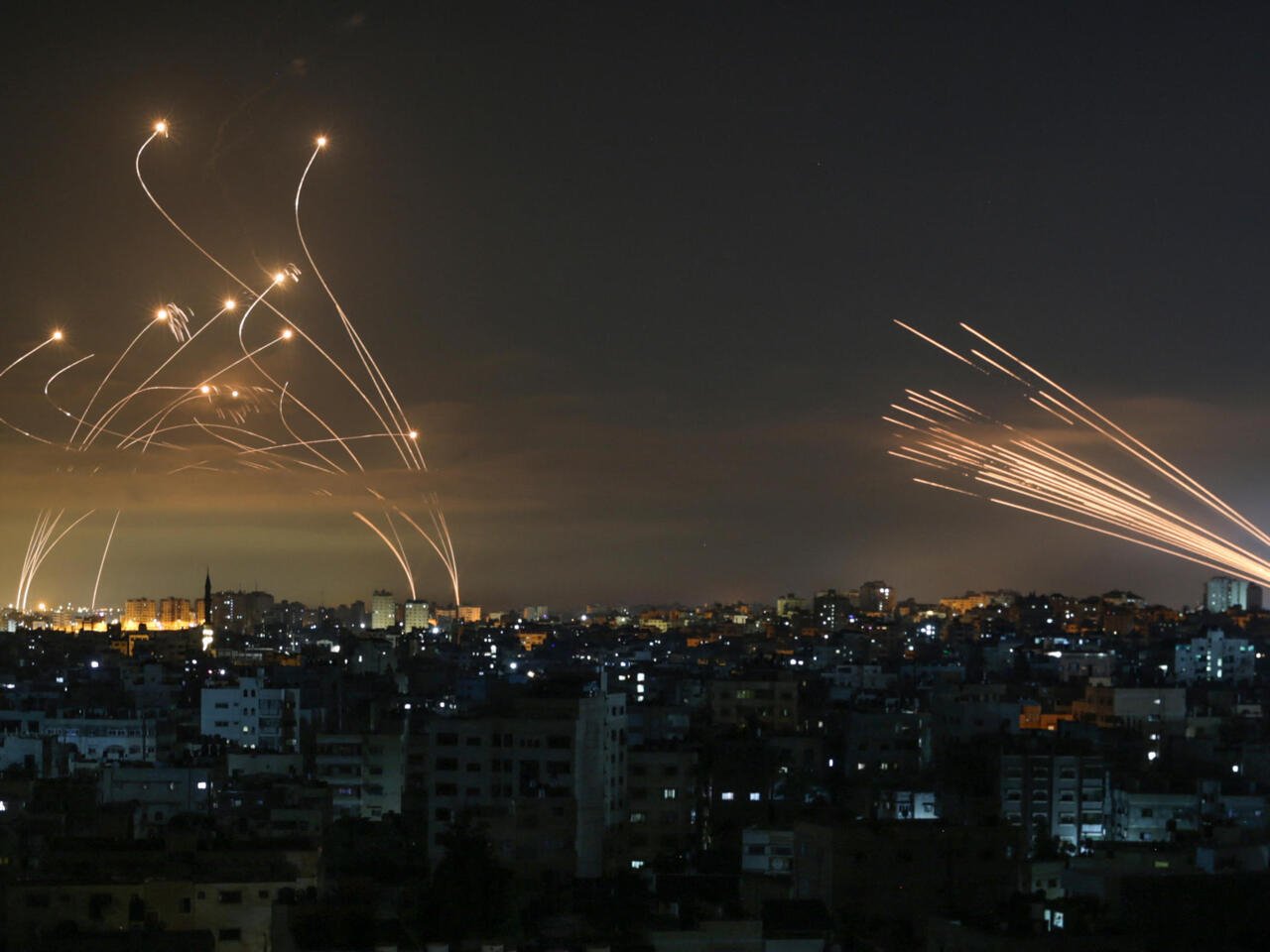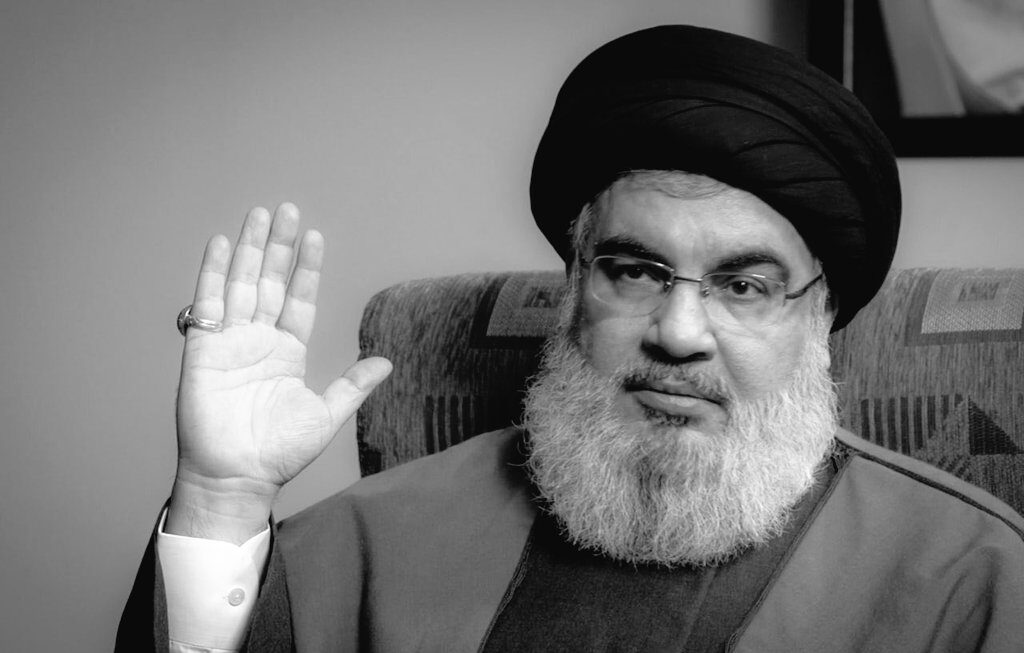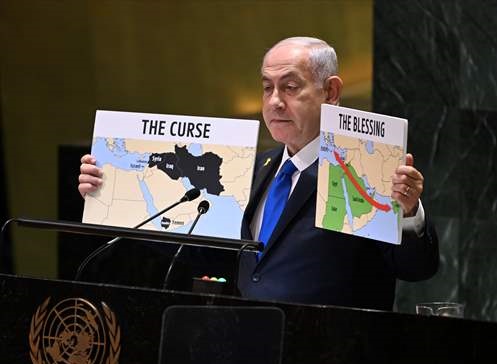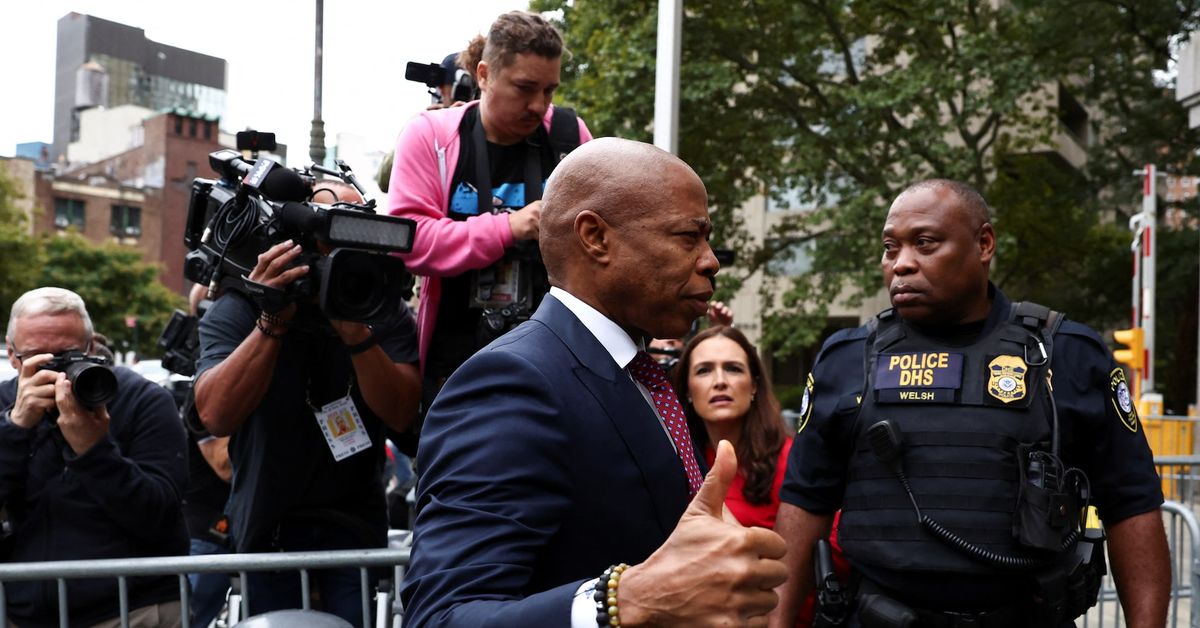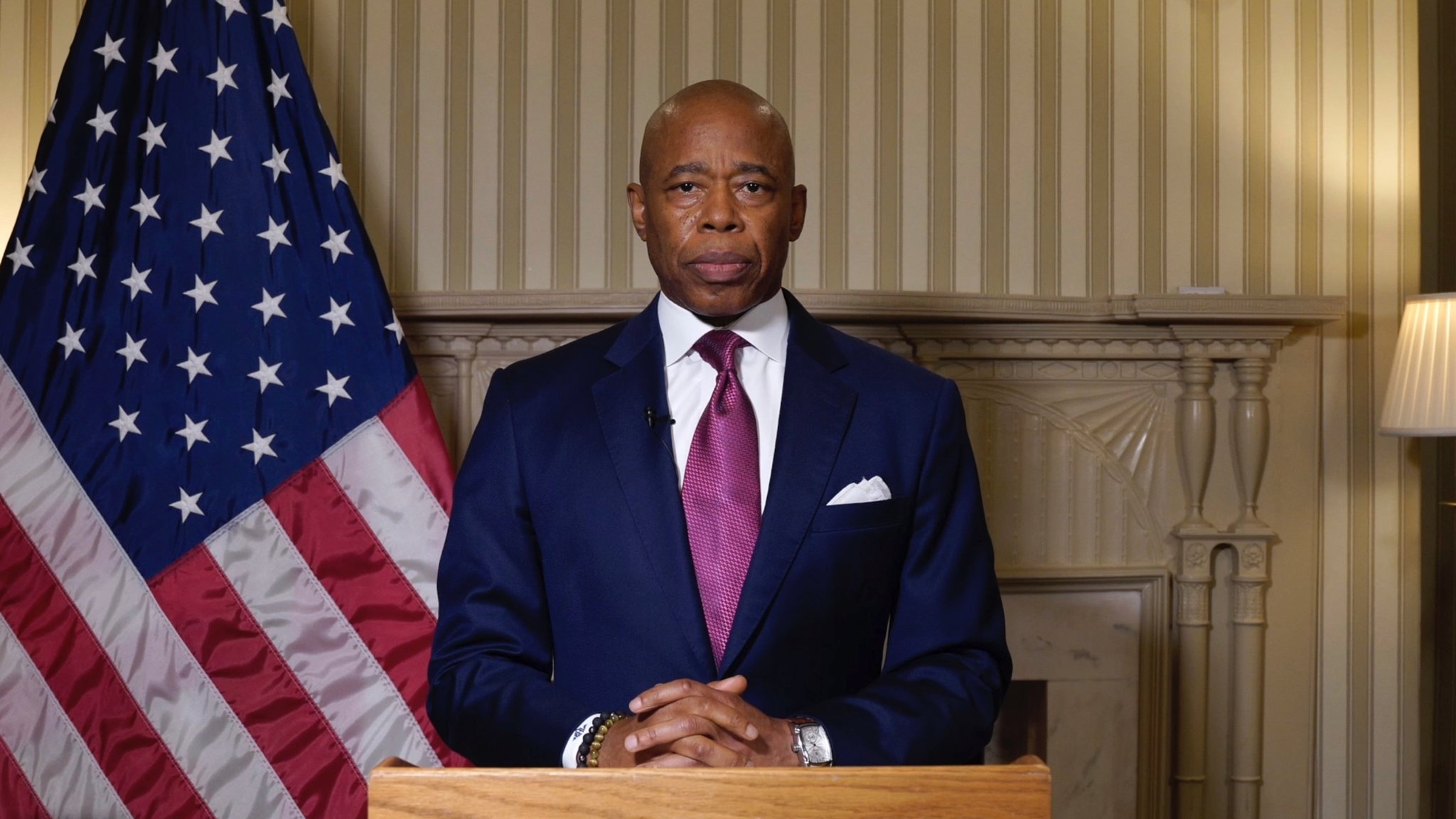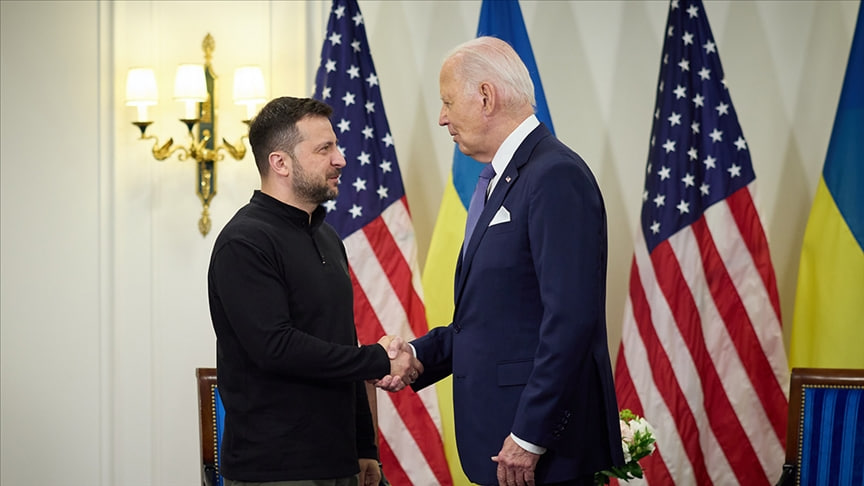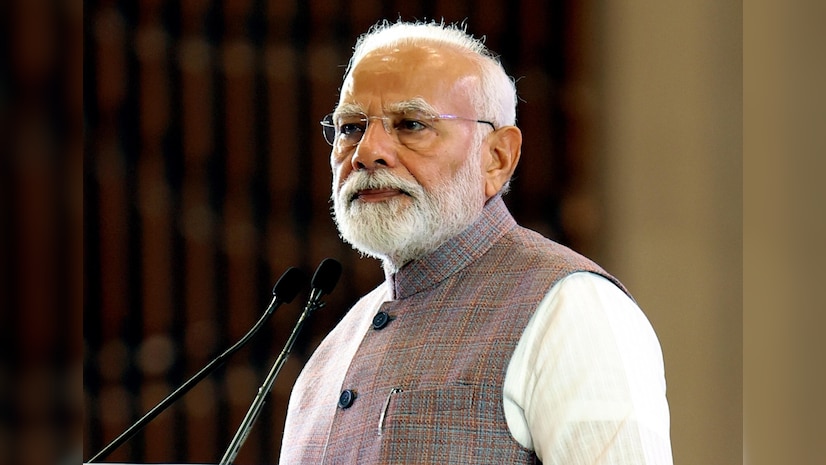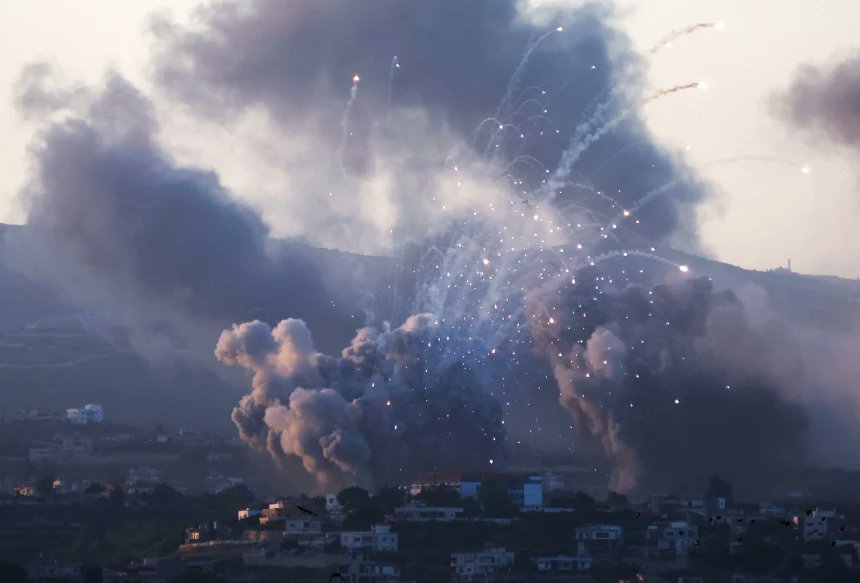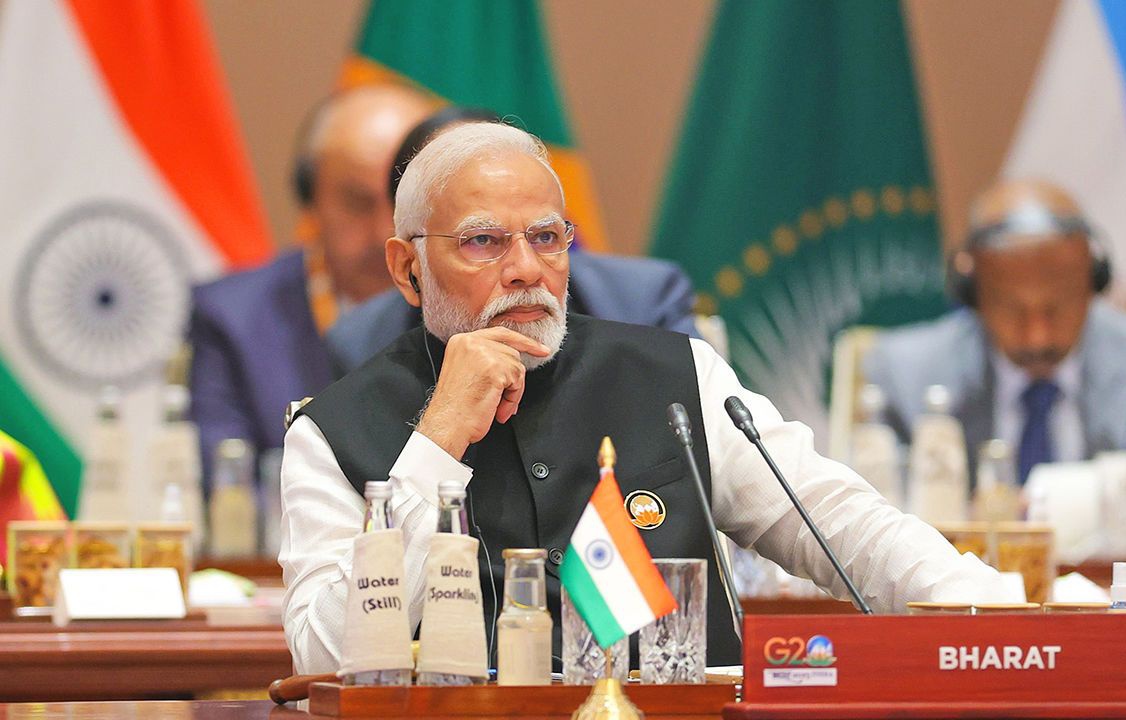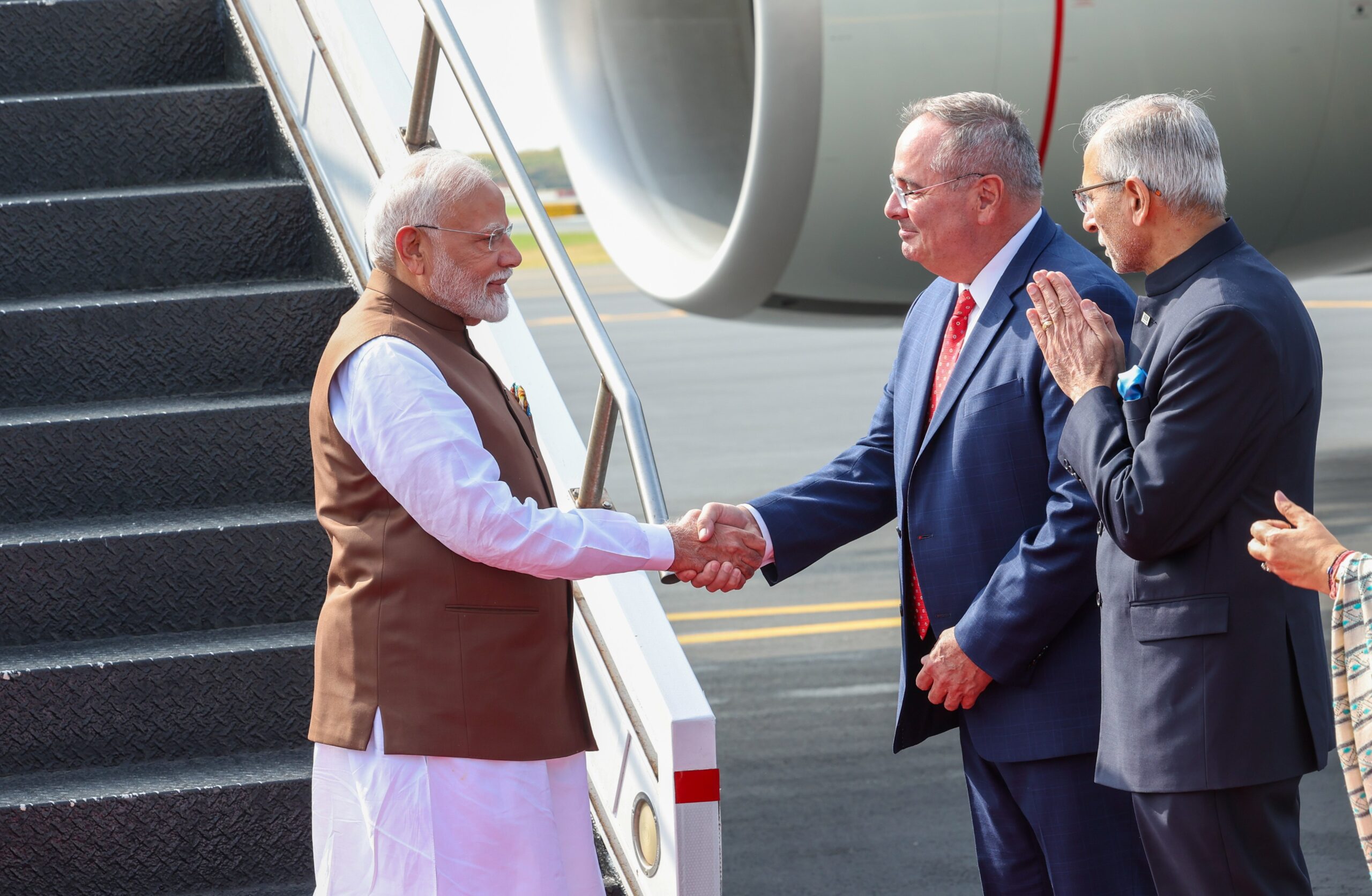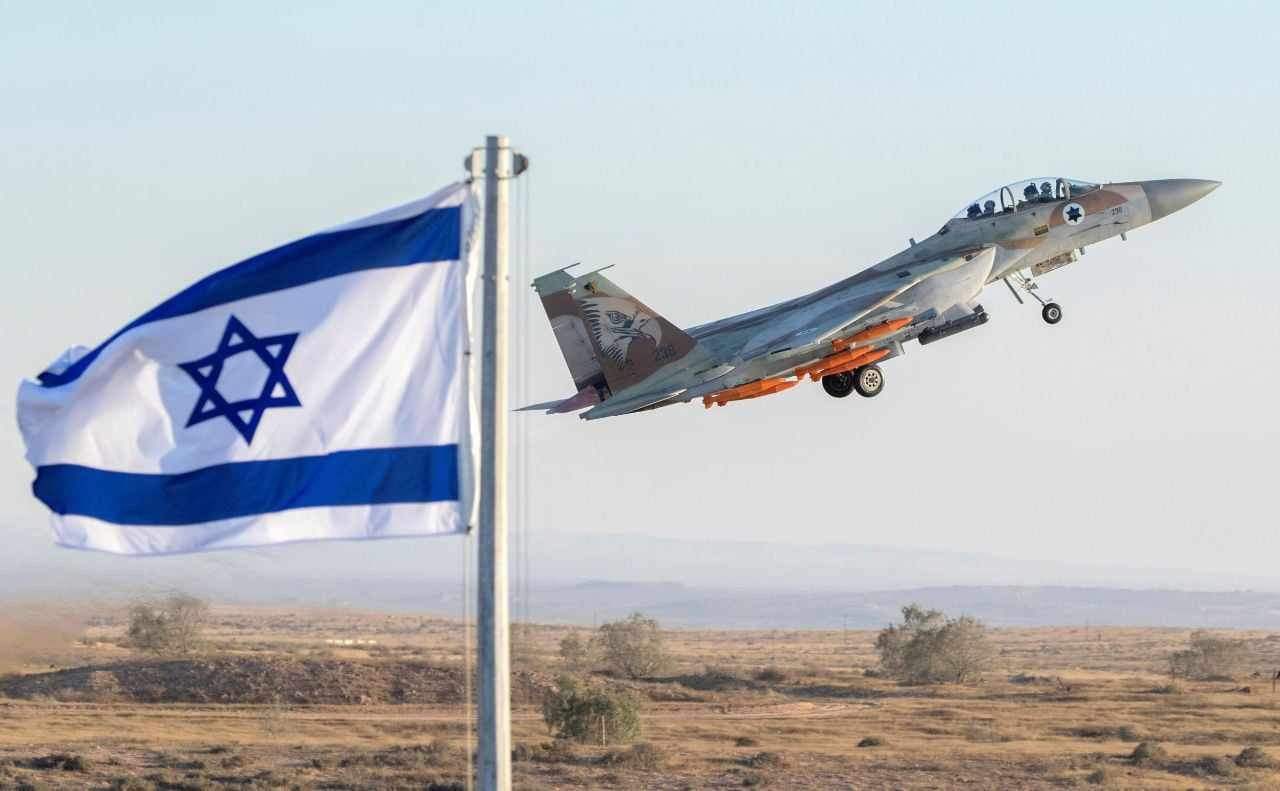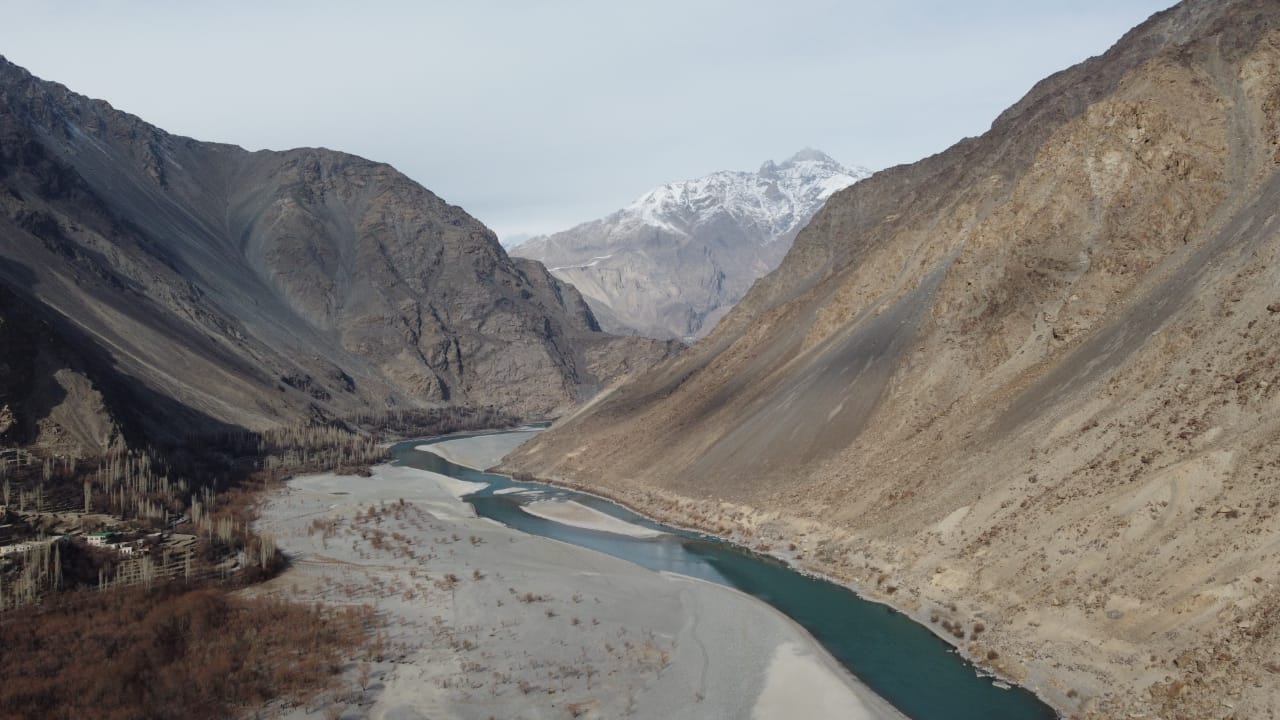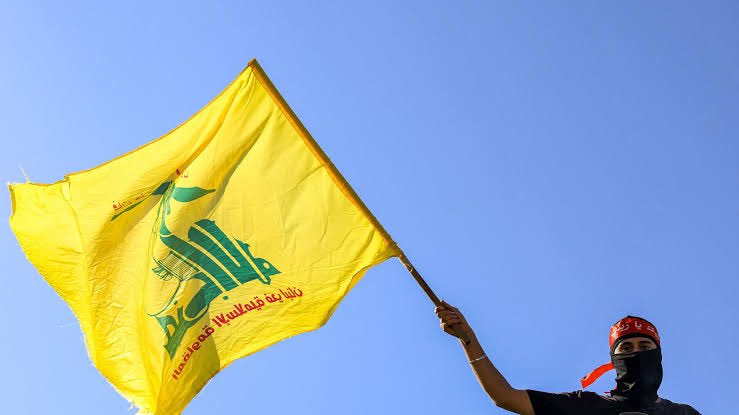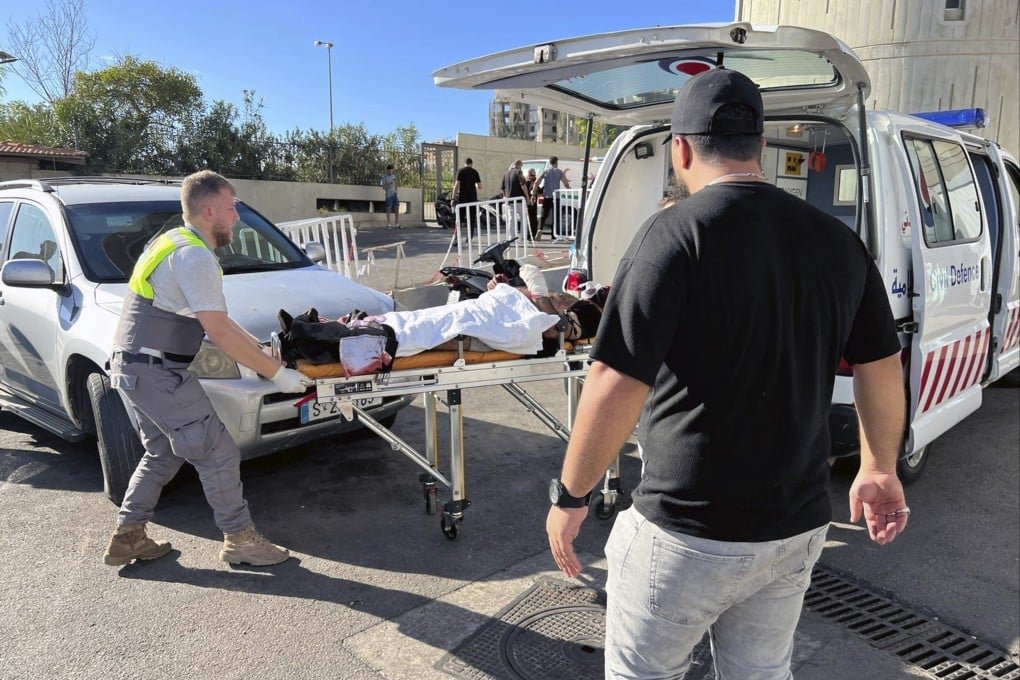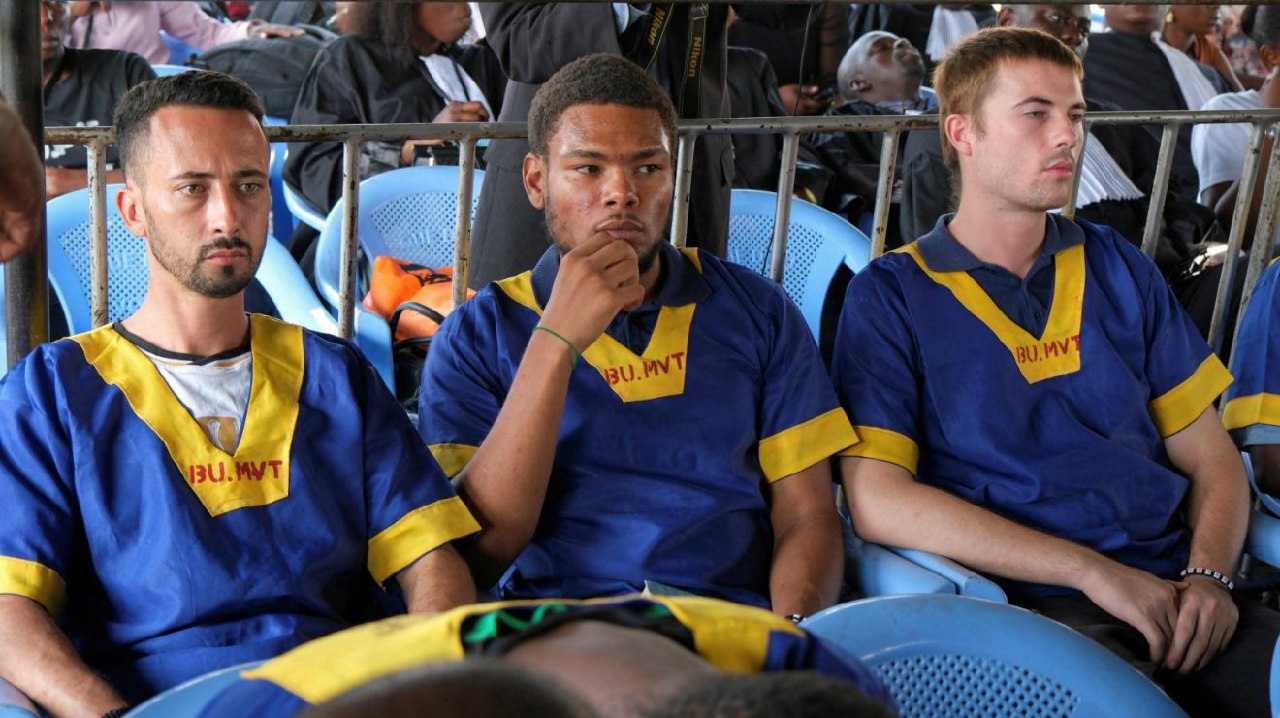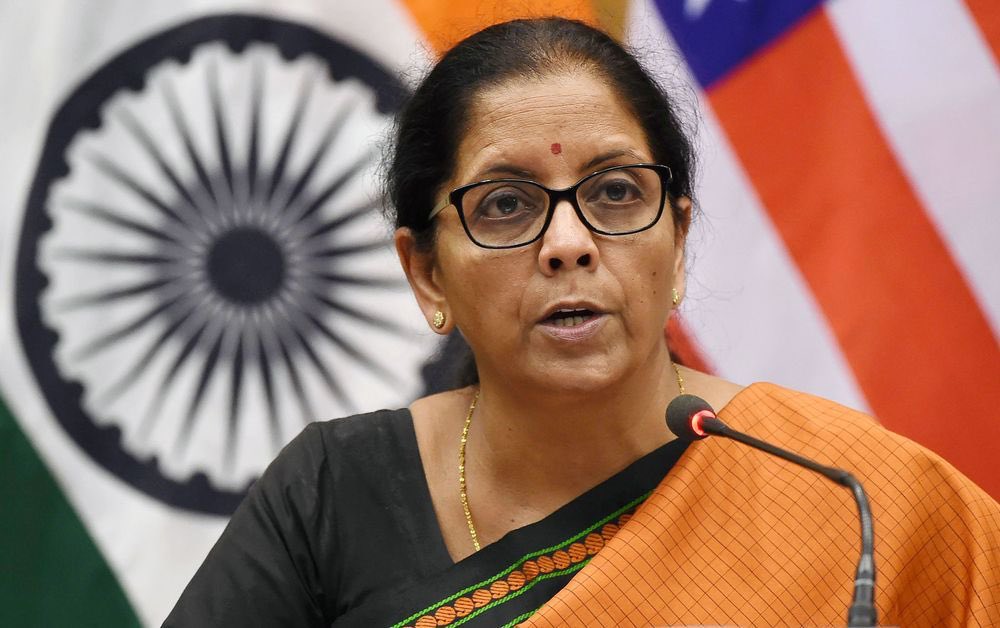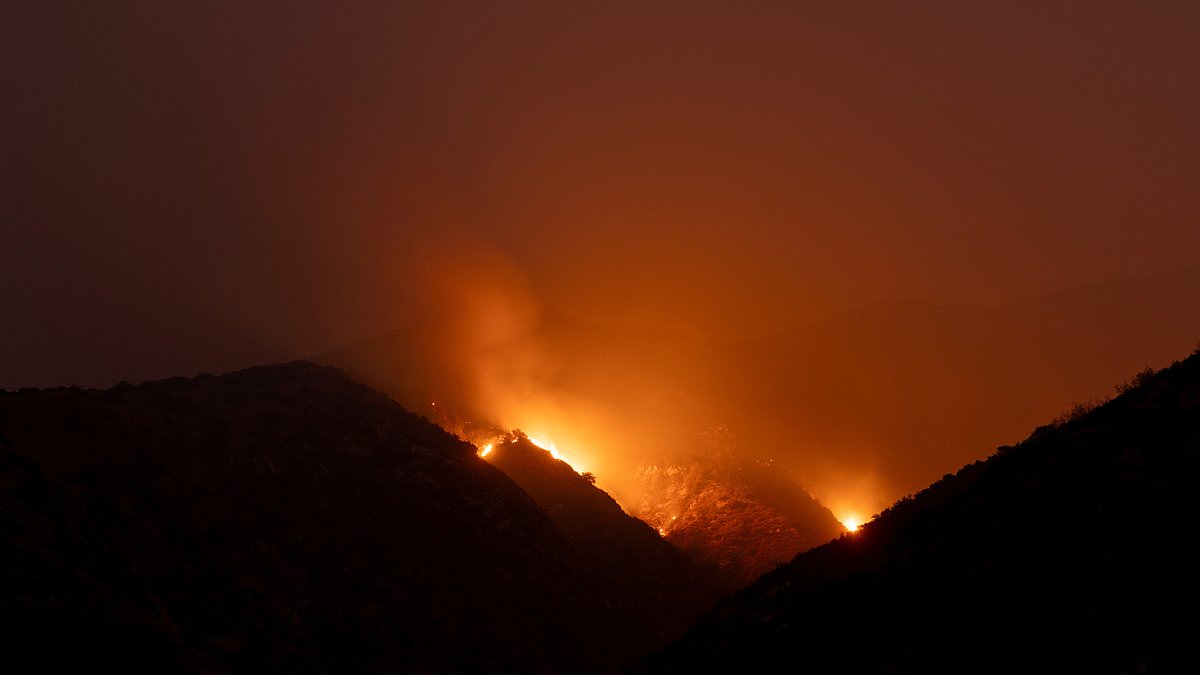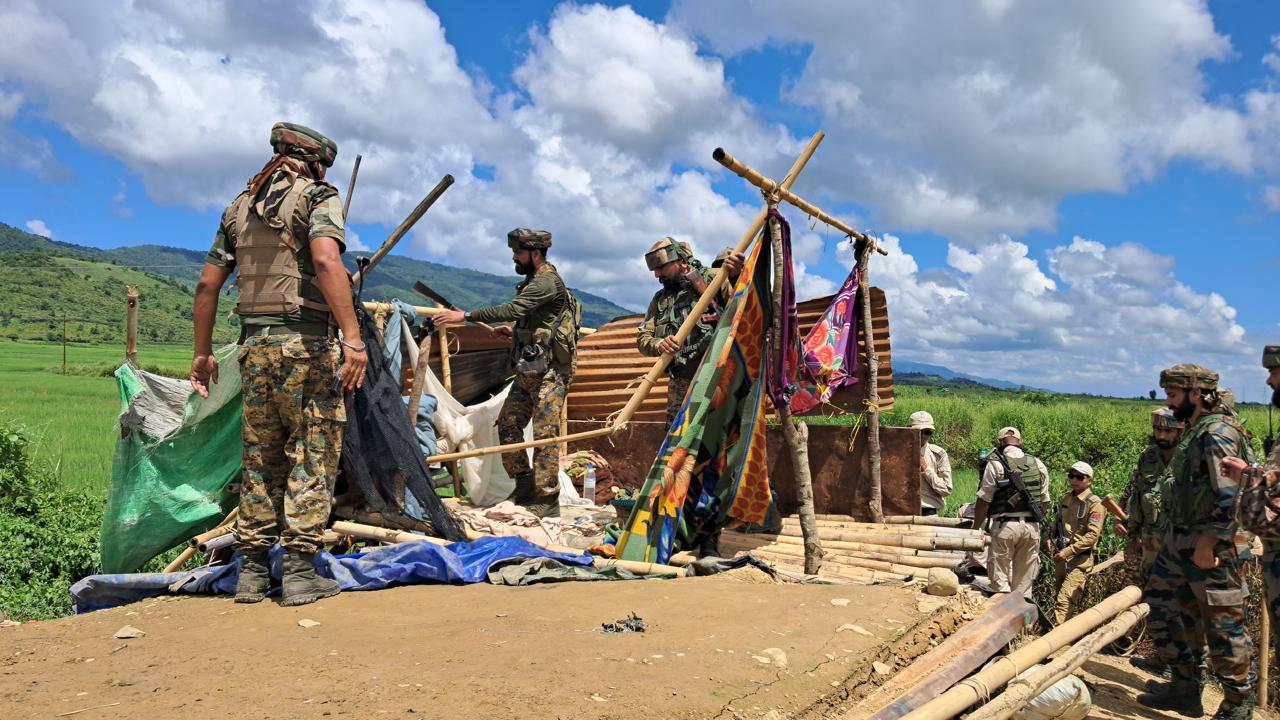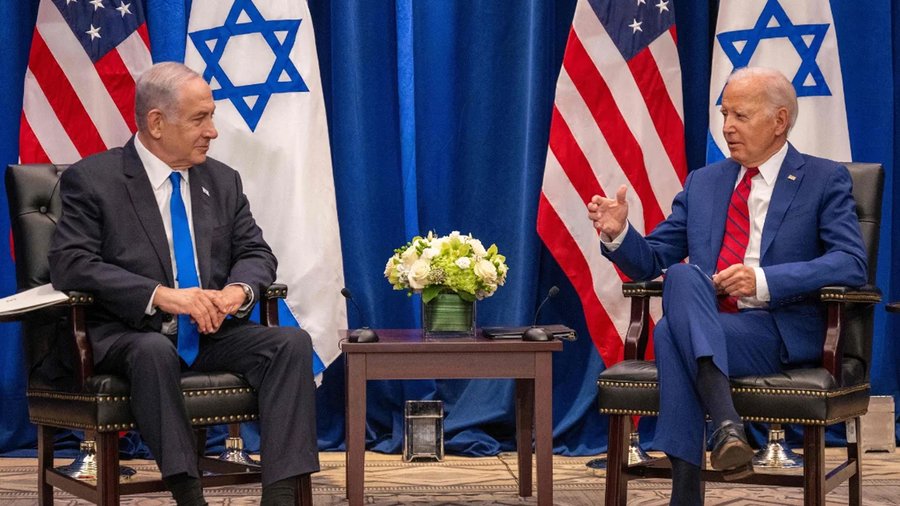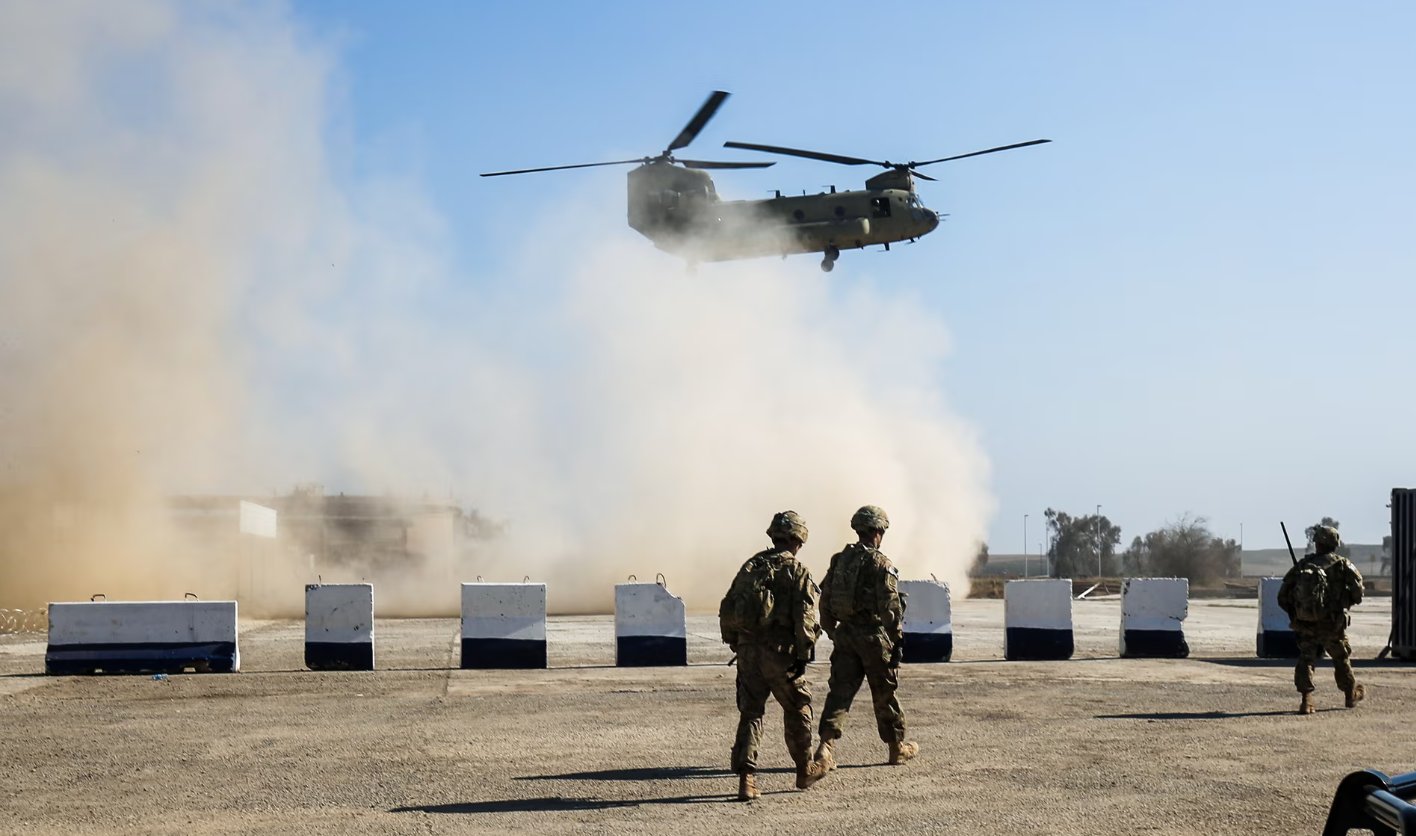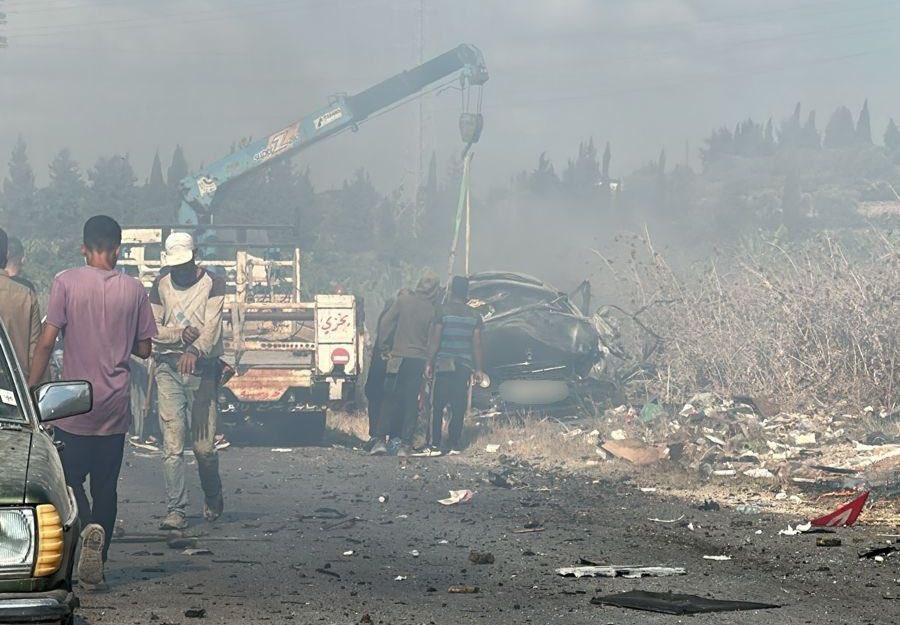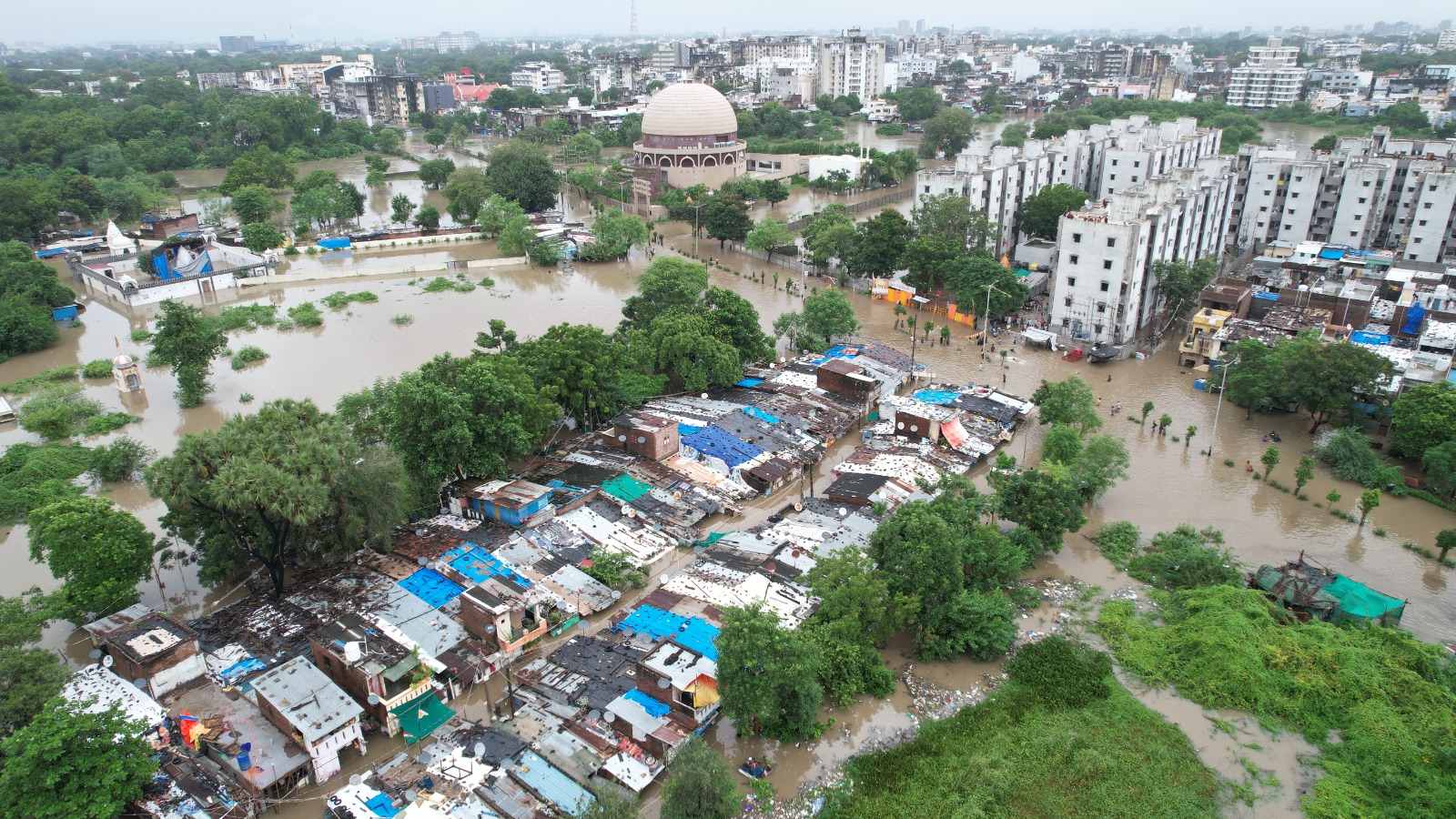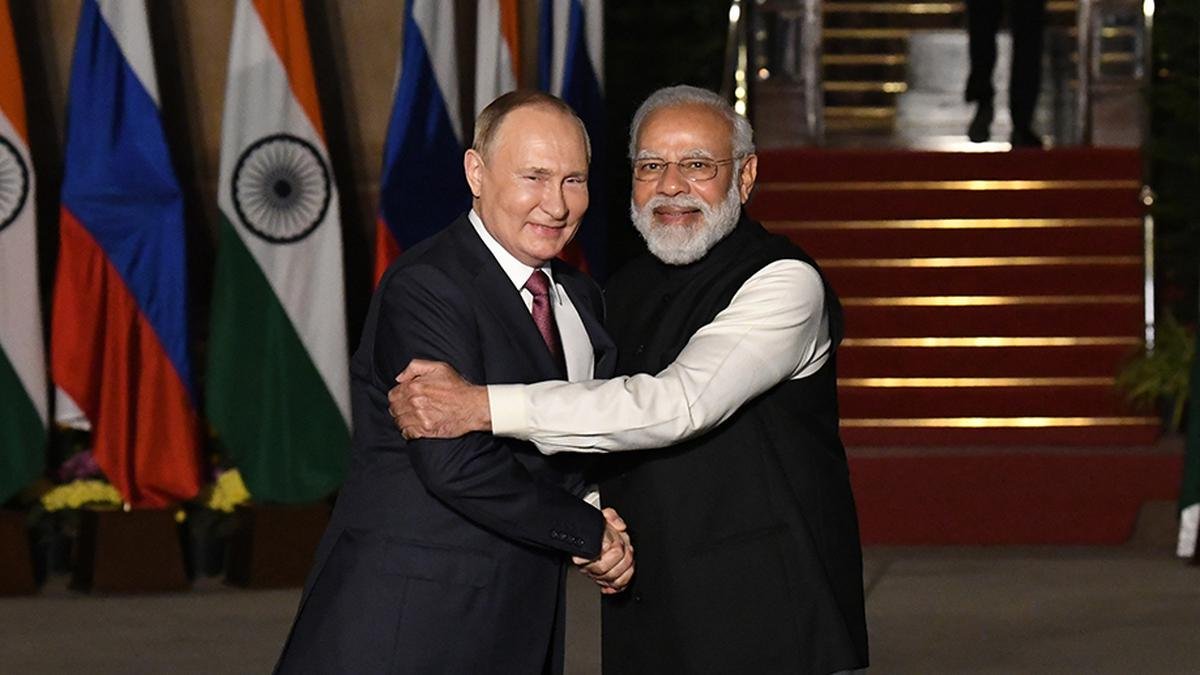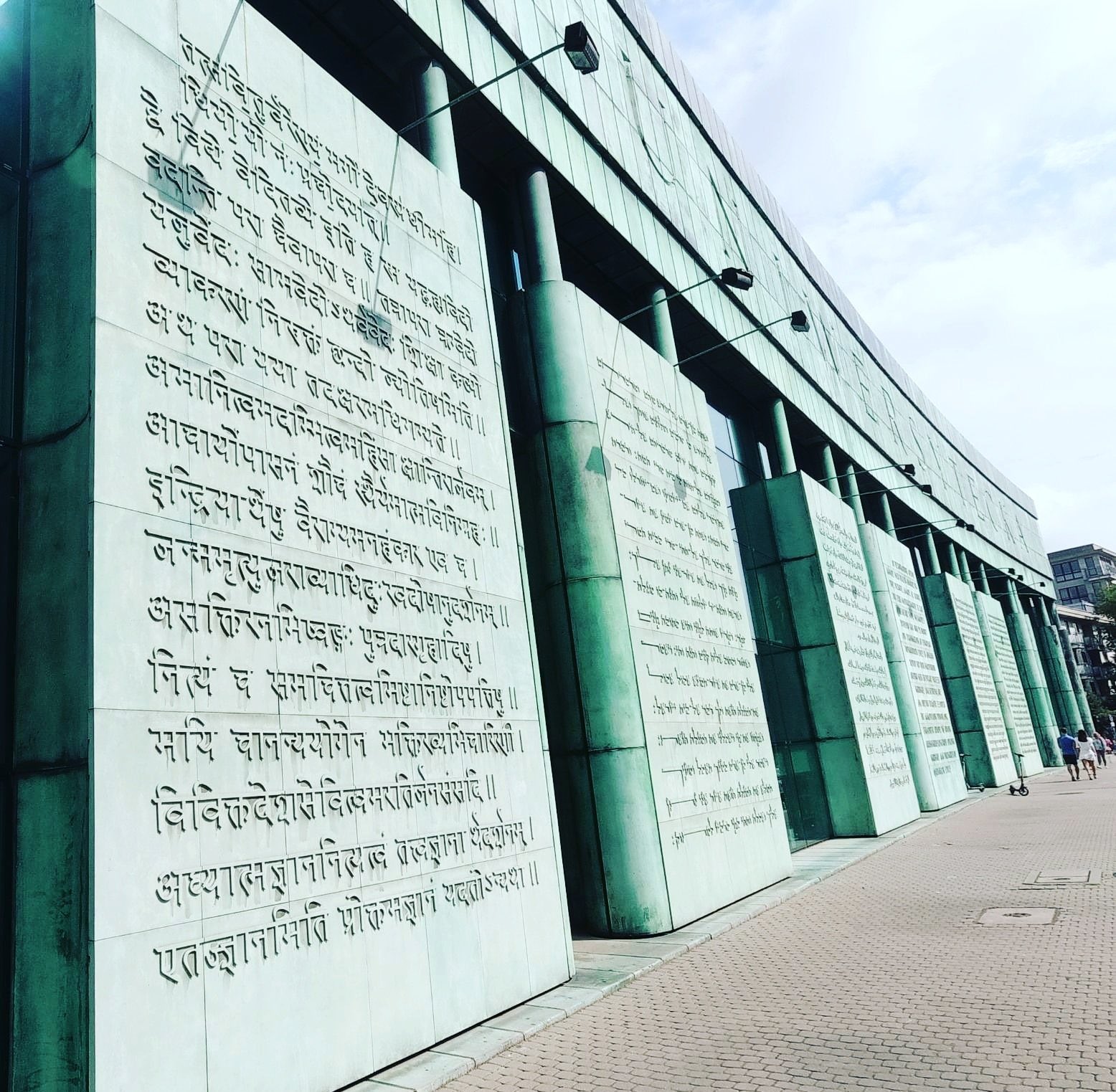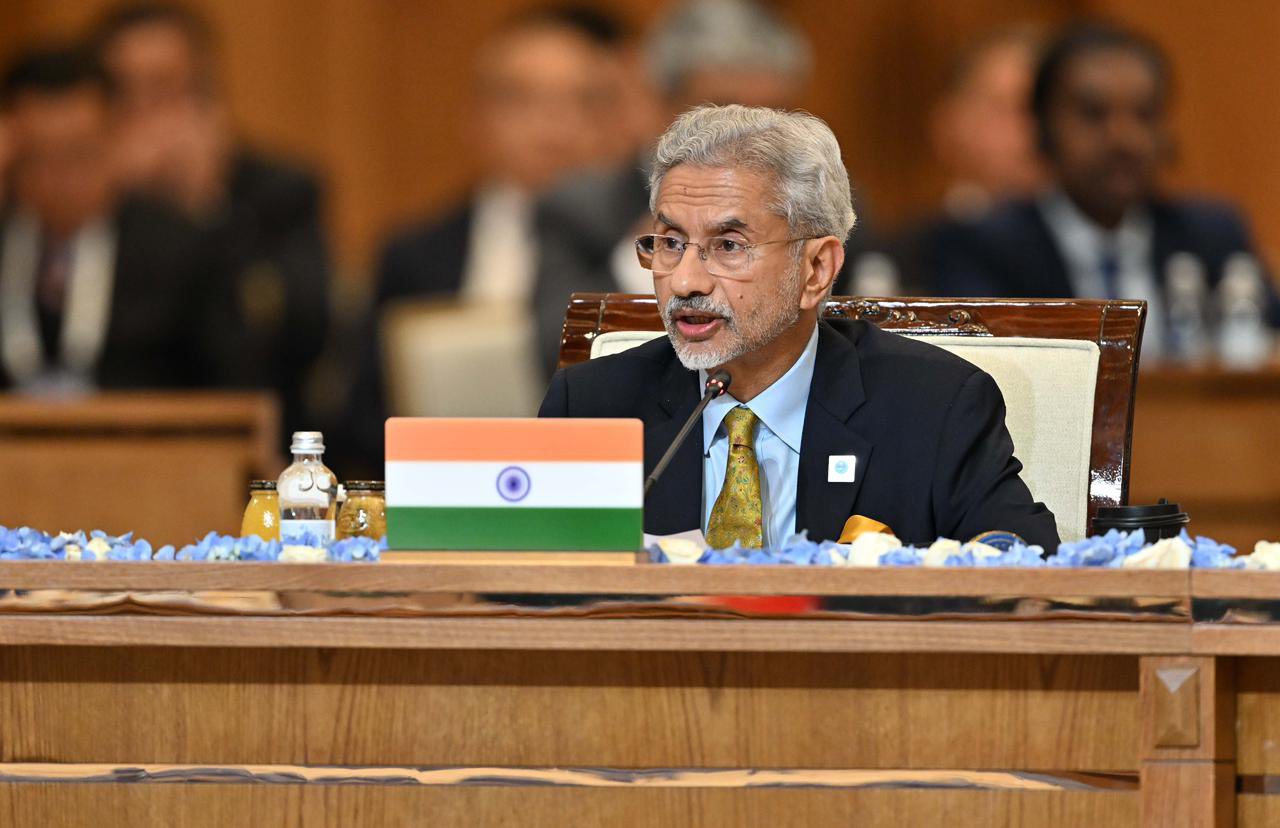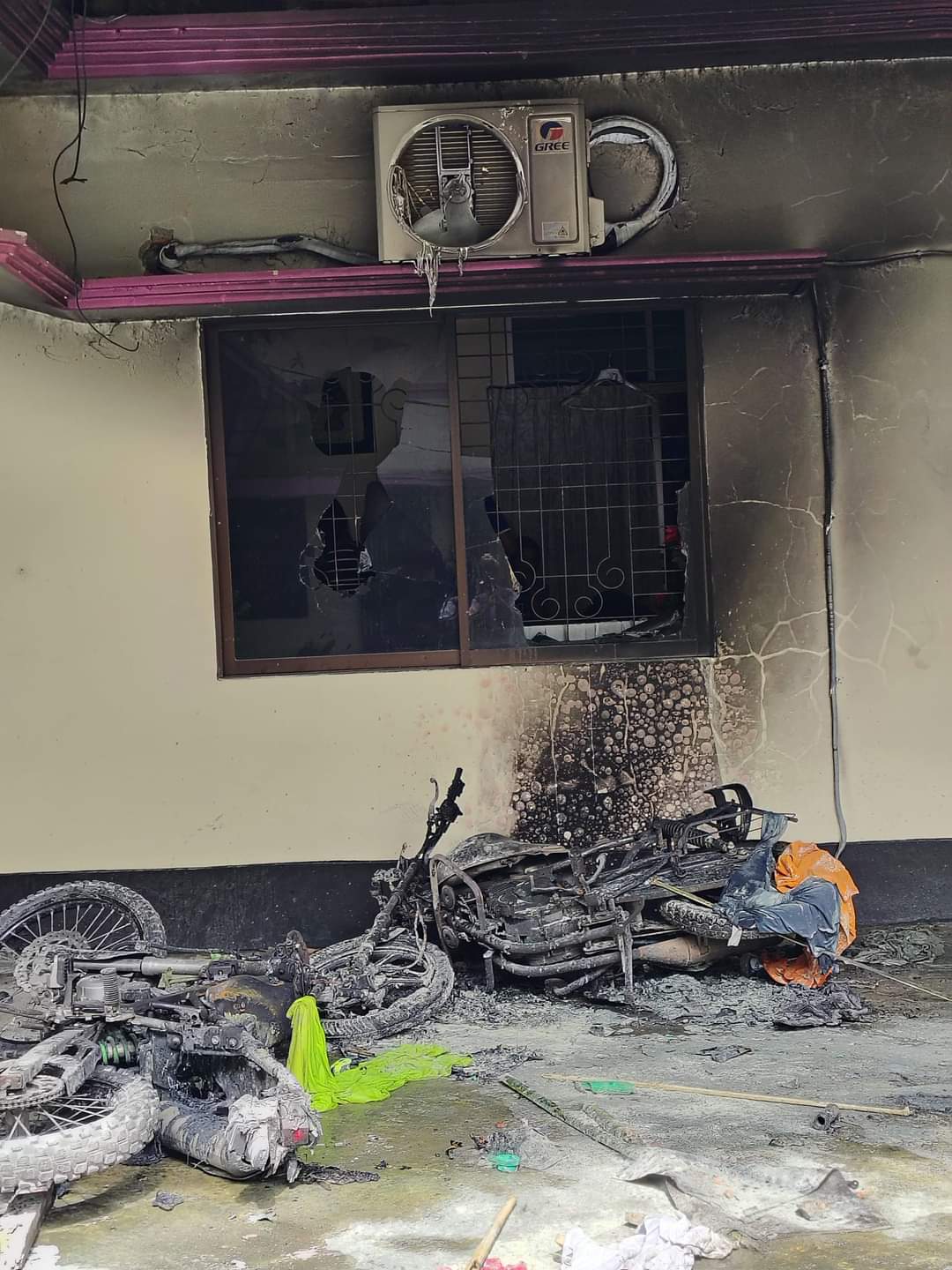In a tragic escalation of violence, three Israeli men were shot and killed at the Allenby Bridge crossing between Jordan and the occupied West Bank on Saturday, according to Israeli officials. The attack occurred when a gunman, approaching from the Jordanian side in a truck, opened fire at the border crossing, killing the three Israeli men, who were identified as security guards by an Israeli official. The Israel Defense Forces (IDF) reported that security personnel on-site quickly neutralized the attacker, and an investigation into the incident is ongoing.
The Attack
The incident unfolded at the Allenby Bridge, also known as the King Hussein Bridge, a critical crossing point located halfway between Amman and Jerusalem. This crossing is the only official entry point between the West Bank and Jordan and bypasses Israel entirely. The gunman, arriving in a truck, exited the vehicle and began firing at the Israeli security guards stationed at the crossing. In response, security personnel at the scene “eliminated” the attacker, the IDF confirmed in a statement.
The attack prompted immediate concern over potential explosives, and the IDF proceeded to thoroughly inspect the truck for any signs of explosives or other threats. Israeli forces subsequently detained at least two dozen Jordanian truck drivers who were in the offloading area at the time of the incident for interrogation.
The entire Allenby Bridge border point was promptly closed from both sides as Israeli and Jordanian authorities responded to the attack. Israel’s Airports Authority, responsible for managing land crossings, also ordered the closure of all land crossings with Jordan following the incident, further heightening security.
Investigations and Reactions
Jordanian officials have expressed concern over the incident, with the Jordanian government launching an investigation. The Jordanian authorities confirmed that the attack took place in an area controlled by Israel, where Jordanian vehicles typically offload goods entering the West Bank. The Jordanian government is expected to cooperate with Israel to determine the full circumstances surrounding the attack.
Israeli Prime Minister Benjamin Netanyahu addressed the incident at the start of a cabinet meeting, describing it as a “hard day” for the nation. He offered his condolences to the families of the victims, condemning the attack as a “loathsome terrorist” act. Netanyahu reiterated Israel’s commitment to ensuring the safety of its citizens and vowed that such attacks would not deter the country’s efforts to protect its people.
Hamas, the Palestinian militant organization, praised the attack but stopped short of claiming responsibility. Hamas officials suggested the attack was in retaliation for Israel’s ongoing military operations in Gaza, which have resulted in significant casualties and destruction. Tensions between Israel and the Palestinian territories have escalated sharply in recent months, leading to widespread violence in both the Gaza Strip and the West Bank.
Context of the Attack
The West Bank has been a hotspot for violence since the October 7 attack by Hamas militants on Israel, which triggered a renewed cycle of conflict between Israel and Palestinian militant groups. In response, Israeli forces have intensified their operations in both Gaza and the West Bank, leading to numerous clashes with Palestinian militants. According to the Palestinian health ministry, more than 600 Palestinians have been killed in the West Bank alone since the start of Israel’s military operations, with many of the deaths occurring during confrontations with Israeli forces.
One of the most intense operations in recent weeks occurred in Jenin, a city in the northern West Bank known as a stronghold for Palestinian militants. Israeli forces launched a major nine-day military campaign in Jenin and its adjacent refugee camp, aiming to dismantle militant infrastructure and neutralize potential threats to Israeli security. The operation led to significant destruction and casualties, further inflaming tensions in the region.
The Allenby Bridge attack underscores the fragility of the security situation in the West Bank and the broader Israeli-Jordanian border area. Although Jordan and Israel maintain security, trade, and diplomatic ties, the relationship is often strained by Israeli actions in the West Bank and Gaza, which Jordan views as detrimental to regional stability and the rights of Palestinians. Jordan, which has a significant Palestinian population, has been vocal in its criticism of Israeli policies in the occupied territories.
Implications for Israeli-Jordanian Relations
The attack at the Allenby Bridge is likely to complicate the already delicate relationship between Israel and Jordan. While the two countries have maintained a peace treaty since 1994 and cooperate on security and trade, the ongoing violence in the West Bank and Gaza has put significant strain on their ties. Jordan has repeatedly criticized Israeli settlement expansion in the West Bank and the treatment of Palestinians, calling for renewed efforts towards a two-state solution to resolve the conflict.
The closure of all Israeli land crossings with Jordan following the attack will have immediate economic repercussions, particularly for the flow of goods between the two countries and the West Bank. Dozens of trucks cross from Jordan daily, supplying essential goods to both West Bank and Israeli markets. The closure could lead to shortages and disrupt trade, further aggravating tensions in the region.
As investigations continue, both Israel and Jordan are likely to face increased pressure to prevent further attacks and de-escalate the situation. However, with violence in the West Bank showing no signs of abating and Israel’s ongoing military operations in Gaza, achieving lasting peace in the region remains a distant prospect.


